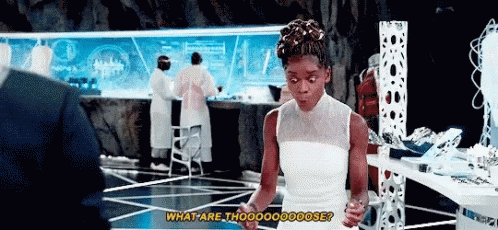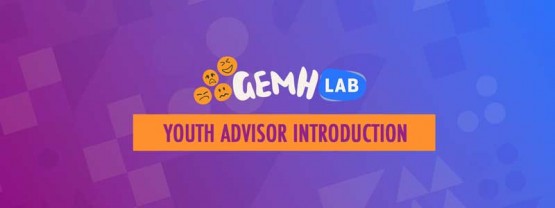Two friends run into each other outside of the supermarket. One of them just exited the shop with a bag full of groceries, and a conversation ensues.
"What are those?!"
-- "I've got a lovely bunch of coconuts!"
"Stop it. Get some help. And leave the gun, take the cannoli instead!"
-- "Alright, alright, alright."
While this combination of sentences might seem like an incoherent mess, it is in fact an example of a whole new type of conversation that I would like to discuss: memeversations. Such conversations can be heard all around nowadays, albeit mostly coming from kids, adolescents and young adults. The defining feature of memeversation is, unsurprisingly, that they consist almost completely out of memes.
A meme is, simply put, an "idea, behavior, or style that spreads from person to person within a culture—often with the aim of conveying a particular phenomenon, theme, or meaning represented by the meme" (Wikipedia). Originally coined by famous biologist Richard Dawkins, memes are seen as the driving force behind culture, as vital to the development of culture as genes are vital to evolution. But are they really?
In the case of the conversation above, each statement refers to an element in popular culture. Since much of our popular culture is nowadays centered around digital media (e.g. movies, series, songs), such exchanges are also especially well suited for the online environment, in which pictures or GIFs of the referenced source are sent back and forth. Our particular memeversation would look like this:

(Black Panther, 2018)

(The Lion King, 1994)

(McDonalds-commissioned anti-drug and alcohol PSA by Michael Jordan, 1987)

(The Godfather, 1972)

(Dazed and Confused, 1993)
All of these memes refer to elements of pop-culture, and some even to classics such as The Godfather. In times like these, 'knowing your memes' is fundamental, especially if you want to be in on the numerous jokes and references flying around. Hence, there is a felt pressure to be, or at least appear, knowledgeable about lots of movies, series, musical genres and many more. The whole point, after all, of referencing a particular movie scene is to recall a collective memory, one could say. If the memeversation is successful, the mutual understanding created amongst people will create a sense of connectedness. However, admitting that you don't know what someone else is talking about can be considered awkward very awkward. In such situations people tend to just.. fake it till they make it, and act like they do remember a particular scene or lyric.
On the one hand, one might think that this trend of exchanging cultural phenomena is beneficial for people's cultural development, contributing to knowledge of classics in a whole range of areas. However...
I was walking outside the other day, thinking about memes, and how there is a pressure to just know all the memes. I wonder, does this inability to admit that we haven't seen a particular movie classic keep us from actually going and seeing that classic? Or perhaps, does the fact that a cultural phenomenon's highlights have already been 'naturally selected' for us and cast into GIFs eliminate the need (or desire) to experience the original thing?
In short, I've started to wonder whether the omnipresence of these little chunks of culture truly contributes to our cultural education, or not. If truth be told, I don't know. Feel free to let us know in the comments what you think of this! I do know, however, that experiencing that sense of bonding in little memeversations here and there is a great feeling (even if you haven't seen the entire movie ;).






